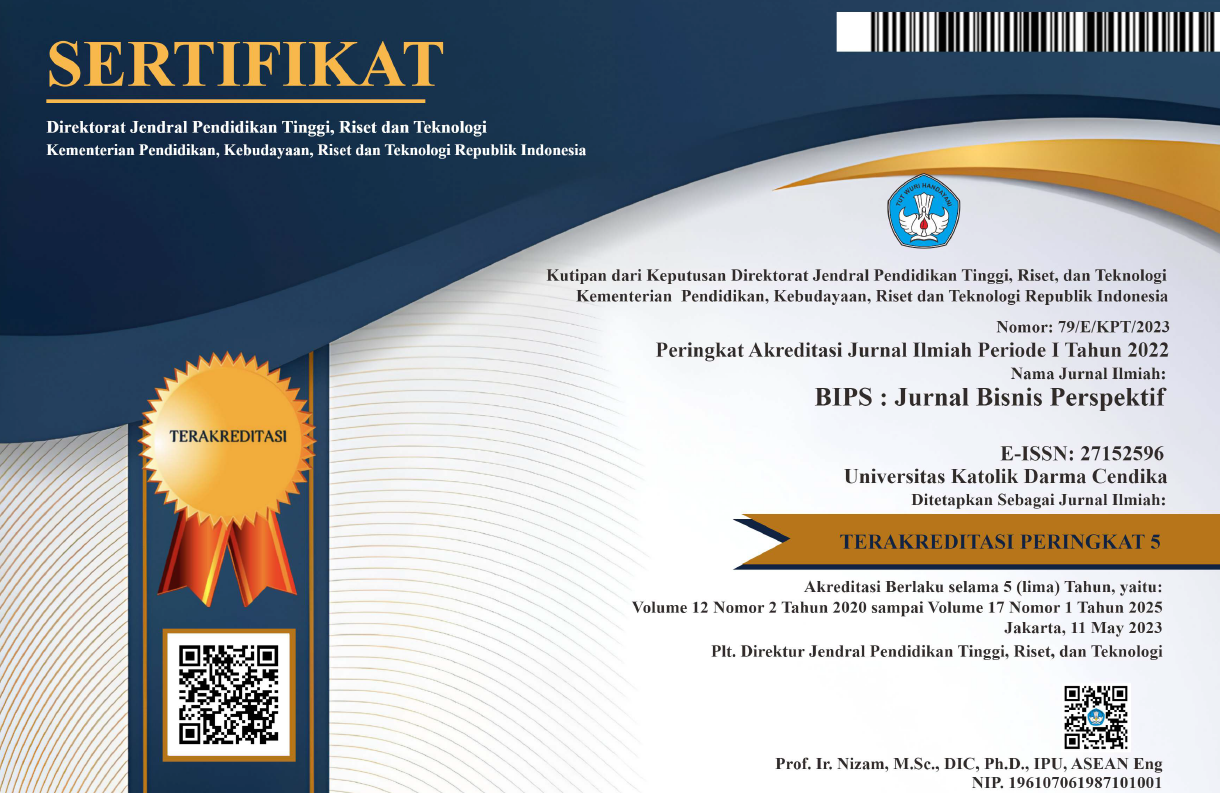Tinjauan Teoritis Efektivitas Pemeriksaan Pajak Di Indonesia
DOI:
https://doi.org/10.37477/bip.v11i1.14Keywords:
official assessment system, self assessment system, tax compliance, tax audit.Abstract
Each country can use a tax collection system that varies between countries. Basically, each country can choose one of the tax collection systems, namely between the official assessment system or the self assessment system. On the official assessment system the amount of tax payable and must be paid by the taxpayer is determined by the tax authority. Whereas in the self assessment system the amount of tax payable and must be paid will be calculated, deposited and reported by the taxpayer himself. Most countries in the world use the self assessment system. A country that applies the self assessment system will usually experience problems related to the low level of tax compliance. To increase the level of taxpayer compliance, countries that implement the self assessment system must routinely carry out tax audit actions to test the compliance of taxpayers. In
order for the purpose of the tax audit to be achieved, the tax audit must be carried out effectively. Indicators that are usually used to assess the effectiveness of tax audits are compliance from taxpayers. The effectiveness of tax audits is also influenced by several factors that can generally be summarized into 7, namely: organization, organizational independence, taxpayer, tax audit quality, tax auditor, regulation, and management support. This research is intended to see whether the tax audit in Indonesia has been running effectively. The effectiveness of tax audits is evaluated by looking at whether the factors that influence the effectiveness of the tax audit have been included in the tax audit in Indonesia. This research is a library research with a statute approach, conceptual approach, and comparative approach. The results of the study show that from the evaluation of all factors that might influence the effectiveness of tax audits, organizational factors, tax auditors, regulations, and management support from the Directorate General of Taxation have met the criteria for the realization of effective tax audits in Indonesia. But the taxpayer factor, the independence of the organization and the tax audit quality have not supported the realization of an effective tax audit. Then when viewed from the level of taxpayer compliance as an indicator that shows that tax audits have been carried out effectively, tax audits in Indonesia have not been effective, because the level of compliance from taxpayers is only at 62.96% for corporate taxpayers and non-individual taxpayers employees and Compliance Ratio Submission of Annual Income Tax Returns in 2017 only reached 72.64%.
Downloads
Published
How to Cite
Issue
Section
License
Authors publishing in this journal agree to the following terms:
- The author retains copyright and grants the journal rights of first publication with the work simultaneously licensed under a Creative Commons Attribution ShareAlike License License that allows others to share the work with acknowledgment of the author's work and initial publication in BIP's: Journal of Business Perspectives.
- Authors may include separate additional contractual arrangements for non-exclusive distribution of the published version of the journal (e.g., submit to an institutional repository or publish in a book), with an acknowledgment of the original publication in this Journal.
- Authors are permitted and encouraged to post their work online (e.g., in institutional repositories or on their websites) before and during the submission process, as it can lead to productive exchanges, as well as citations of previously published work.
Each author is expected to complete the copyright process with a document of the originality of the manuscript, the templated document is below:


7.png)


6.png)
2.png)


